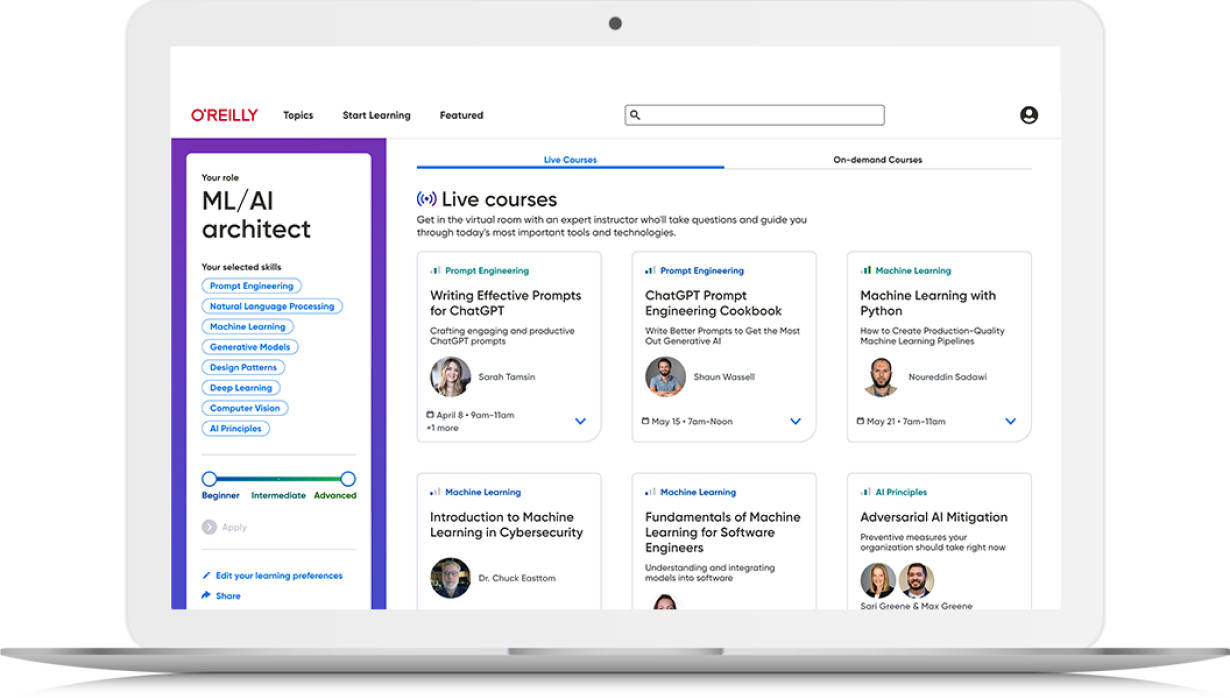Book description
Tap into the wisdom of experts to learn what every programmer should know, no matter what language you use. With the 97 short and extremely useful tips for programmers in this book, you'll expand your skills by adopting new approaches to old problems, learning appropriate best practices, and honing your craft through sound advice.
With contributions from some of the most experienced and respected practitioners in the industry--including Michael Feathers, Pete Goodliffe, Diomidis Spinellis, Cay Horstmann, Verity Stob, and many more--this book contains practical knowledge and principles that you can apply to all kinds of projects.
A few of the 97 things you should know:
Publisher resources
Table of contents
You might also like
book
40 Algorithms Every Programmer Should Know
Learn algorithms for solving classic computer science problems with this concise guide covering everything from fundamental …
book
Code Complete, 2nd Edition
Widely considered one of the best practical guides to programming, Steve McConnell’s original CODE COMPLETE has …
book
Software Architecture: The Hard Parts
There are no easy decisions in software architecture. Instead, there are many hard parts--difficult problems or …
audiobook
Software Architecture: The Hard Parts
There are no easy decisions in software architecture. Instead, there are many hard parts-difficult problems or …

